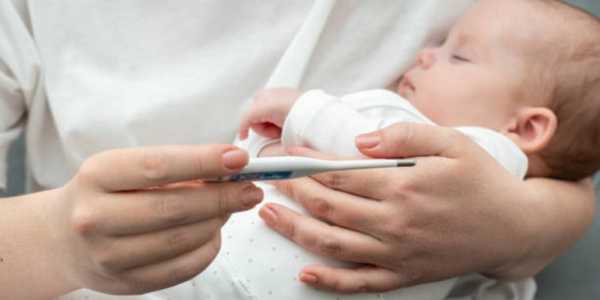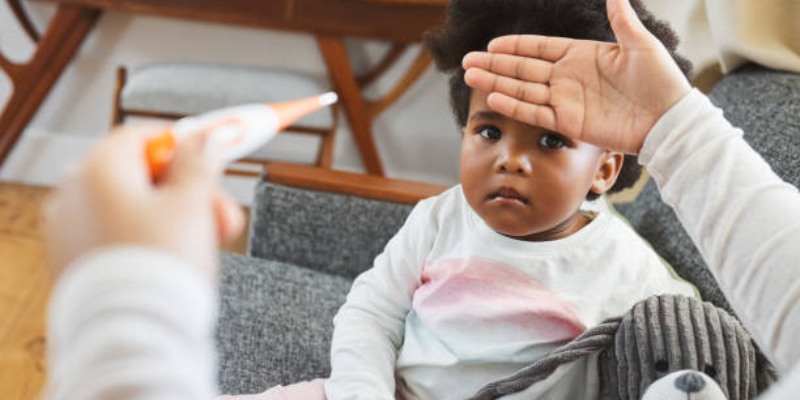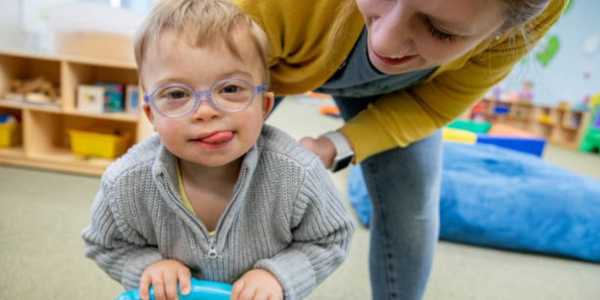How To Handle Fever In Babies Under 6 Months

Many things scare new parents. One of them is seeing a baby under six months old burning up with fever. Babies this young have tiny bodies. Their immune systems are still growing. Fever in an infant under six months must be taken seriously.
What Counts As Fever In Babies
First, it is essential to understand what a fever means for a baby. For adults, a slight rise in body temperature may not be a significant concern. But for a newborn or a baby under six months, even a slight rise can be dangerous.

The American Academy of Paediatrics says that a baby under three months old with a temperature of 100.4°F (38°C) or higher requires immediate medical care. Older babies, up to six months old, should also be closely monitored if they develop a fever. Fever is not always a sign of something bad, but in tiny babies, it can be the only sign that something is very wrong.
Do Not Rush To Give Medicine
One common mistake some parents make is giving fever medicine immediately without consulting a doctor. Some even provide adult medicine in smaller amounts. That can do more harm than good. Do not give aspirin to babies. Aspirin can lead to Reye's syndrome, which can be deadly. Only a doctor can say if acetaminophen or ibuprofen is safe for a baby under six months.
When To Call The Doctor
Call the doctor or pediatric urgent care if the baby:
Is younger than three months and has a fever above 100.4°F (38°C).
Cries nonstop or is very hard to wake up.
Looks blue or has trouble Breathing.
Has dry diapers for 8 hours or more.
Has a seizure.
Trust what is seen and felt. If something does not feel right, get help. A quick visit to a children's hospital or an urgent care centre can make a significant difference.
Keep The Baby Comfortable
Do not wrap the baby in too many blankets. Too much clothing can trap heat and exacerbate the fever. Dress the baby in light clothes. Keep the room cool but not cold. Provide plenty of fluids, such as breast milk or formula, to help maintain hydration. Dehydration is dangerous for tiny babies. Look for signs such as dry lips, no tears when crying, and fewer wet diapers.
Avoid Old Wives’ Tales
People will say all sorts of things. Some will say to rub the baby with alcohol. That is dangerous. The alcohol can be absorbed through the skin or breathed in and cause poisoning. Some say to put the baby in cold water. That can drop body temperature too fast and cause shock.

Stick to what doctors say. If a doctor recommends sponge baths, use lukewarm water, not cold. Always watch the baby during the bath.
Make Sure Vaccines Are Up To Date
Some fevers in babies come after vaccines. This is normal for many babies. A low fever after vaccination means the body is building a defence. However, if the fever is high or the baby appears very unwell, contact your doctor.
Vaccines protect babies from many serious illnesses that can cause high fevers, such as the flu and meningitis. Parents must keep up with shots as advised by a paediatrician.
Protect With Good Health Insurance
Good infant health insurance helps cover the costs of emergency visits, hospital stays, and needed treatments. A sudden fever can lead to significant medical expenses if no plan is in place. Many companies and state programs help parents find affordable health plans for babies.
When To Go To The Emergency Room
Some parents wait too long to go to the emergency room because they hope the fever will break on its own. Waiting too long can put the baby in danger. A baby under six months should go to the emergency room if:
There is trouble Breathing.
The baby has a stiff neck.
The baby has a seizure.
The soft spot on the head looks sunken or swollen.
The baby seems limp or unresponsive.
Never hesitate to rush to the hospital. Babies this small can deteriorate rapidly. A good children's hospital has the right tools to check babies quickly and safely.
Build Healthy Habits Early
Fever in babies can be scary, but it can also be a wake-up call. Parents must keep babies away from people who are sick, wash their hands often, and clean baby bottles thoroughly. These simple habits lower the chance of infections. Visitors should not kiss babies on the mouth or face. Babies need protection because they are unable to fight infections as adults can.

Watch Out For Repeated Fevers
If a baby continues to experience fevers, this may indicate that something else is happening. Ear infections, urinary infections, or other hidden infections can be the cause. A doctor may want to run tests. Sometimes, babies require blood tests, urine tests, or even X-rays to diagnose their condition. Parents must not skip these checks. It is better to know than to guess.
Be Ready For The Next Time
Every parent must have a digital thermometer at home. Learn how to take a baby's temperature accurately. Rectal temperature is the best for babies under six months. Always clean the thermometer before and after use.
Have the phone number for a pediatric urgent care or a trusted children's hospital saved. Some hospitals also have nurse hotlines for advice. Additionally, set aside some money for emergencies.
Stay Calm And Take Action
Seeing a baby sick is hard. But staying calm is essential. Do not panic and do not ignore warning signs. Fever in babies under six months is not something to treat lightly. Parents who act fast help their babies heal better and quicker.










